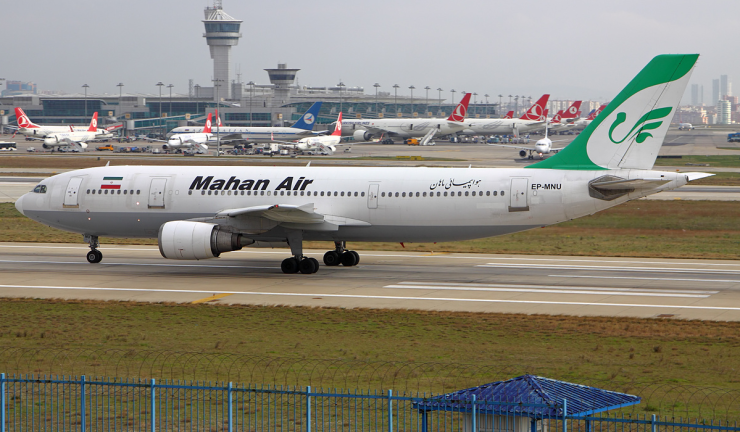When Drones Fail, The US Government Calls In The Big Dogs
Yesterday, the United States Department of the Treasury’s Office of Foreign Assets Control announced the designation of Shawki Ali Ahmed al-Badani to the list of Specially Designated Nationals and Blocked Persons (“SDN List”) as a Specially Designated Global Terrorist (“SDGT”) pursuant to Executive Order 13224. This designation freezes any assets of al-Badani that come within U.S. jurisdiction and prohibits any U.S. persons, wherever located, from engaging in any transactions with him. While those targeted as SDGTs do have a right to contest their designations pursuant to 31 C.F.R. 501.807, they often find it difficult to do so, as the U.S. does not easily remove such parties. For example, Yassin Kadi, a Saudi Arabian businessman, also designated as an SDGT remains on the OFAC SDN List, despite the fact that he has been removed from the United Nations sanctions list, and has contested his SDGT designation in the U.S. in multiple forums and on multiple occasions.
It is important to note, however, that al-Badani’s designation was not made by The Department of the Treasury. Rather it was made by the United States Department of State. Pursuant to Executive Order 13224, either the State Department or the Department of the Treasury can designate a party as an SDGT. This is not the case for all sanctions authorities, but some authorities such as Executive Orders 13224 and 13382 allow for this type of designation. So how can one tell if it was State or Treasury making the designation? The easiest way is to check who issued the press release. Otherwise the Federal Register will indicate who made the designation.
What’s interesting about al-Badani’s designation is the length of time it took to designate him, as al-Badani has been pursued by the U.S. for some time. Indeed, last December the U.S. ordered a drone strike against al-Badani, who escaped the strike, although a dozen others in his company were killed. The strike was ordered due to the belief that he was the ringleader behind a plot to attack nineteen (19) embassies last summer.
This whole thing raises the question: are we living in a use drones, apply sanctions later world? It would seem that the sensible escalation would be to apply sanctions before military force, however, things with al-Badani worked in the opposite manner. There may be some theories to explain this. One, perhaps it took State, Treasury, and the Department of Justice a long time to get a designation packet in place to legally justify the designation. In other words, gathering the necessary evidence may have slowed down the process of the designation. Another theory could be that al-Badani has proven difficult to catch, and as such sanctions are being employed not only to apply pressure on him, but also to gather intelligence on him by leveraging the private sector. Such intelligence may lead to knowledge of his whereabouts, and once that is known…..the drones will be brought back out. Again these are just theories, but I don’t think it’s a stretch to say that although sanctions are typically employed to compel a change in behavior, they can also be used as a means to gather intelligence. I think in al-Badani’s case the designation is more related to the latter than the former, because it’s hard to believe that a guy who the U.S. government just sent a drone out to kill six months ago, is going to be able to convince OFAC to take him off the SDN List by showing a change in behavior. I think the time for changing behavior has come and gone for al-Badani and at this point the utilization of sanctions is more about catching him than getting him to cease his terrorist activities.



